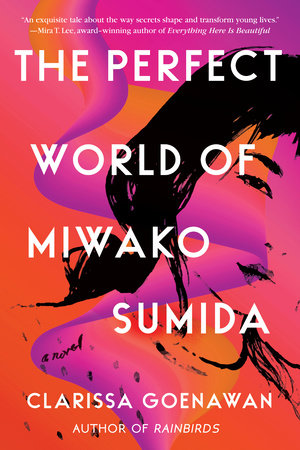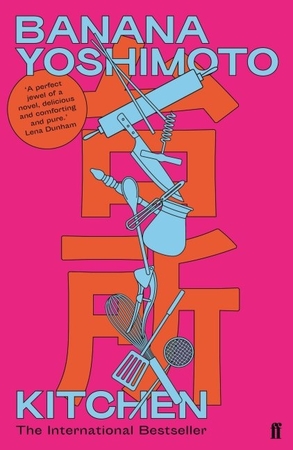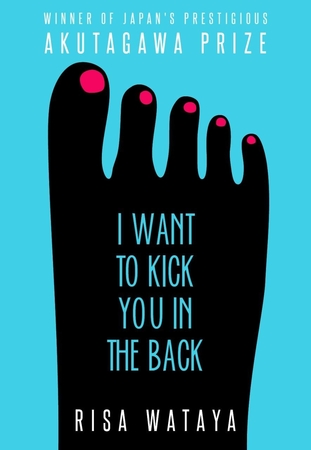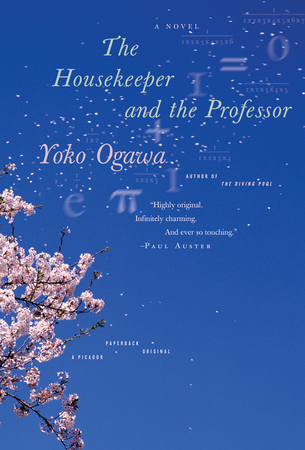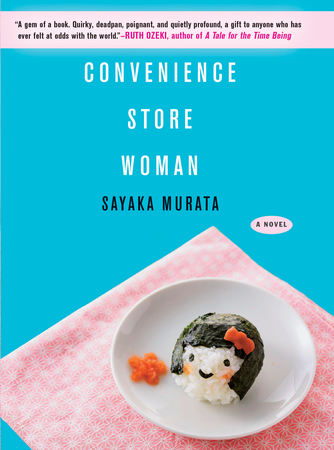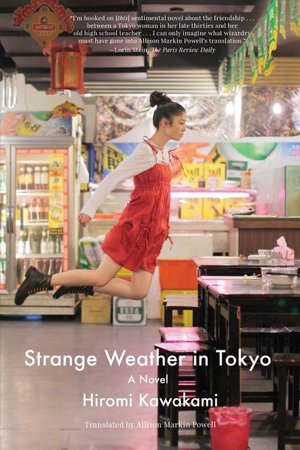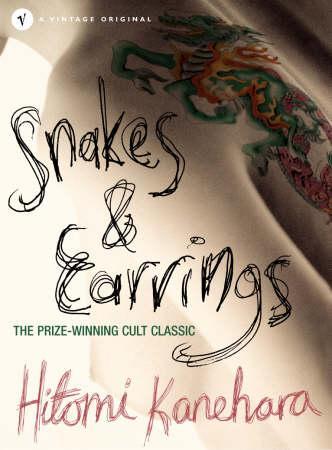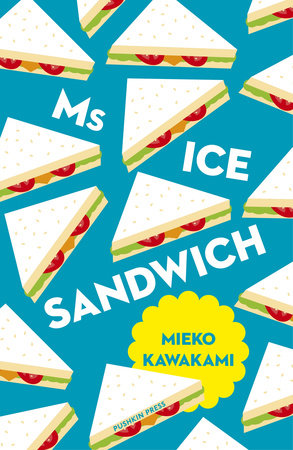Reading Lists
8 Contemporary Novels by Japanese Women Writers
Clarissa Goenawan recommends books about modern life in Japan
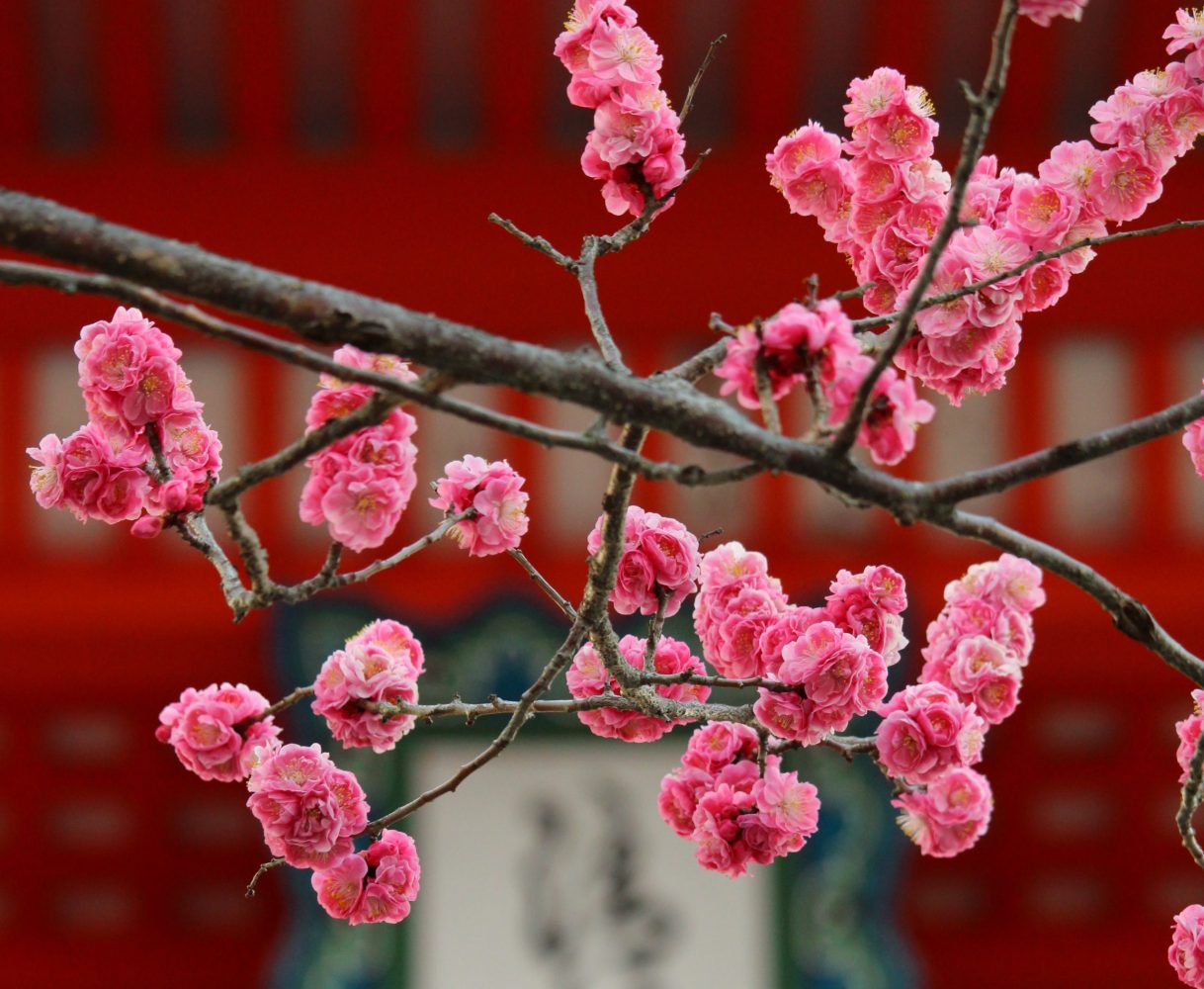
My novel The Perfect World of Miwako Sumida is a story of how a young woman’s unexplained suicide shapes and transforms the lives of those she left behind. It’s a literary mystery with elements of magical realism set in Japan, not unlike my debut novel Rainbirds. Because of these, I am often asked, “As an Indonesian-born Singaporean, why do write a novel set in Japan with Japanese characters?”
The short answer would be because I want to write the kinds of novels I enjoy reading most. I love Japanese novels, especially literary and crime fiction. And this is the slightly longer version:
I was a Gen Y kid, growing up when anime, manga, and Japanese pop culture started to gain popularity. I spent my free time watching Naoko Takeuchi’s Sailor Moon on the local TV station, borrowing Aoyama Gosho’s Detective Conan comic series from my friends, and listening to Utada Hikaru’s First Love and L’Arc~en~Ciel’s The Fourth Avenue Café. Soon after, I got my first taste of Japanese contemporary literary fiction—Haruki Murakami’s Norwegian Wood. I was hooked, and I began to look for similar reads.
Over the years, I discovered a number of talented Japanese women writers. In this list, I introduce some of my favorites, with the hope that you’ll enjoy them too. I also include the names of the translators to acknowledge their importance in bringing these wonderful books to a wider audience.
Kitchen by Banana Yoshimoto, translated by Megan Backus
Kitchen introduces us to Mikage Sakurai, a young orphan who recently lost her grandmother. Her friend, Yoichi, and his mother—who was once his father—decide to take her in. It’s a warm and tender story about family, love, and tragedy.
Banana Yoshimoto is the pen name of Japanese writer Mahoko Yoshimoto, the daughter of the famous Japanese poet Takaaki Yoshimoto. Yoshimoto’s quirky and captivating stories mainly deal with the exhaustion of young Japanese people and how experiences shape a person’s life. Read a short story about love after the sex party circuit by Banana Yoshimoto here.
I Want to Kick You in The Back by Risa Wataya, translated by Julianne Neville
In I Want To Kick You in The Back, a first-year high school student named Hatsu has trouble fitting in with her classmates. She gets to know Ninagawa, a loner in her class who is obsessed with an idol and has no interest in actual girls. Gradually, Hatsu develops a strong urge to. . . kick Ninagawa’s back.
Risa Wataya was a 19-year-old student at Waseda University when she won the prestigious 2003 Akutagawa Prize with this book. She became the award’s youngest-ever recipient.
The Professor and The Housekeeper by Yoko Ogawa, translated by Stephen Snyder
Unlike most writers who tend to produce works in the same vein, each of Yoko Ogawa’s books is unique in terms of topic and tone. It’s very hard to pick a favorite, but The Professor and The Housekeeper scores high for its beautiful writing and sensitivity.
The story’s protagonists are a brilliant math professor with only 80 minutes of short-term memory, a young housekeeper who is hired to care for him, and her ten-year-old son, affectionately nicknamed “Root” by the Professor.
Convenience Store Woman by Sayaka Murata, translated by Ginny Tapley Takemori
At 36-years-old, Keiko has worked part-time at a convenience store for 18 years and has never been in a romantic relationship. She’s an excellent worker who knows how to do her job well. But as she ages, the social pressure to get a “real” job or to settle down in a marriage is mounting.
This is another Akutagawa Award-winning novel. The writing is particularly transportive—I love the vivid description of the sounds and sights at the convenience store. Read about how a Japanese novella about a convenience store worker became an international bestseller here.
Strange Weather in Tokyo by Hiromi Kawakami, translated by Allison Markin Powell
Tsukiko, a single office worker in her late 30s, chances upon her former high school teacher in a local bar. Unable to remember his name, she simply calls him “Sensei.” They continue to meet and form a bond over food and drink and a trip to the mountains. Be prepared to get hungry, mouth-watering descriptions of Japanese food are aplenty.
Fun fact: the original title of this book is The Briefcase, which might be less intriguing than the current title, but makes a lot of sense once you’ve read the book.
The Lonesome Bodybuilder by Yukiko Motoya, translated by Asa Yoneda
A housewife takes up bodybuilding, but her workaholic husband fails to notice; a newlywed woman notices her spouse’s features are beginning to match her own; a saleswoman waits on a customer who won’t come out of the fitting room. This is a delightful collection of eleven whimsical short stories, all of them peppered with magical realism elements. Read the titular story from The Lonesome Bodybuilder here.
Snakes and Earrings by Hitomi Kanehara, translated by David James Karashima
Snakes and Earrings follows Lui, a young woman in Tokyo, and her new boyfriend, Ama, who has a split tongue. Her deep fascination with body modification and sadomasochistic sexual activities drives her to increasingly dangerous choices, including a violent relationship with bisexual body modification and tattoo artist named Shiba.
In 2003, Hitomi Kanehara’s Snakes and Earrings jointly won Akutagawa Award together with Risa Wataya’s I Want to Kick You in The Back. Kanehara’s works often deal with young, rebellious women outside the mainstream Japanese society and are written in a language style that reflects vernacular Japanese.
Ms Ice Sandwich by Mieko Kawakami, translated by Louise Heal Kawai
A boy obsesses over a woman who sells sandwiches in a supermarket. He goes there almost every day, just to see her face. This novella about first love is quirky and refreshing, and there is a certain musicality in the narrative. Kawakami is a singer, so perhaps that influences her writing style. Read a short story, “A Once Perfect Day for Bananafish,” by Mieko Kawakami here.




